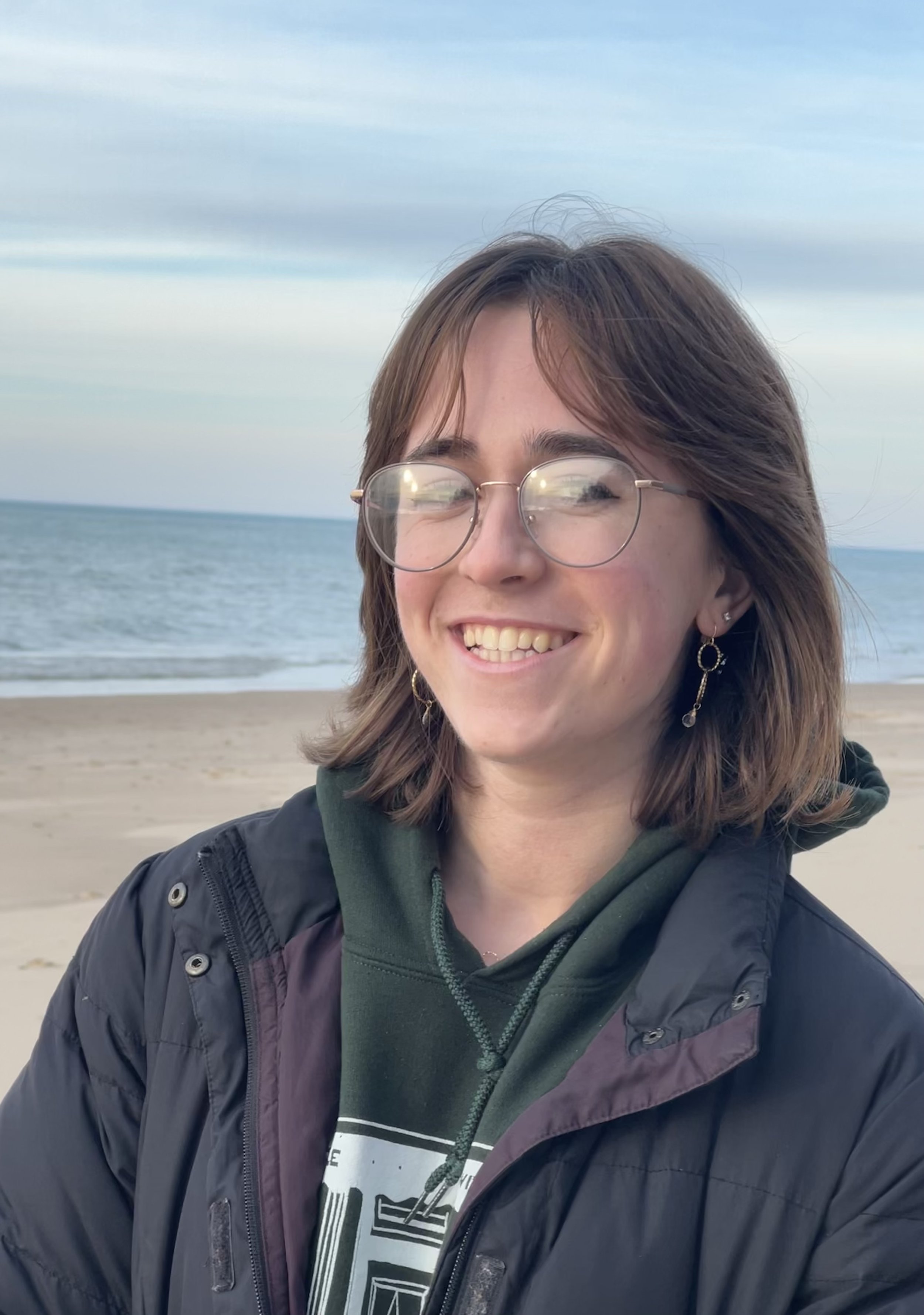By Molly McNamara, Summer 2023 Power in Place Collaborator
Image from: Vecteezy
Being an openly queer individual in the United States has become increasingly challenging, with hate crimes and anti-LGBTQ+ legislation on the rise. Many people live in fear of discrimination and violence for their identity, leading many to keep their sexuality private. This is true not only for the average individual but also for politicians. Being openly part of the LGBTQ+ community can be risky for current and prospective politicians as their identity may lead to lower approval ratings, losing votes, and increased prejudice. But thankfully, queer representation in government is expanding. More and more elected officials are coming out, but more needs to be done to create an environment that is safe for LGBTQ+ politicians.
Electoral discrimination against queer politicians in the US is a substantial problem. Research shows that gay candidates face a 6.7 percent loss in points compared to their heterosexual counterparts. For lesbians and transgender individuals, the penalty is even higher. Among more liberal voters, discrimination is significantly less, while right-wing voters have a much higher rate of discrimination against queer candidates. This leads many candidates to not announce their sexuality during their campaign or wait until they are elected to come out publicly. This fosters an environment that is hostile to queer politicians and limits LGBTQ+ representation in government.
Thankfully, more and more queer politicians are entering politics despite the risk of discrimination. The 118th Congress has a record number of lesbian, gay, and bisexual members. There are 11 House members and two Senate members that are openly queer, which is almost double that of just 10 years ago. While this is steady progress, these individuals only account for roughly two percent of Congressional members. It is estimated that 6.5 percent of Americans are part of the LGBTQ+ community, making the Congressional representation small in comparison.
While queer representation may not be high, there are still some important queer women, non-binary, and transgender politicians that serve as an inspiration for the LGBTQ+ community today. Tammy Baldwin currently serves as a senator for Wisconsin and has been in politics since the 1980s. She was the first openly lesbian woman to be elected to the US Senate and is an advocate for queer equality. Danica Roem was elected to the Virginia House of Delegates in 2017 and became the first openly transgender person to serve in any state’s legislature. The first openly non-binary member of a state legislature was Mauree Turner of Oklahoma. All of these individuals and many more are helping create an environment that is safe and inclusive for LGBTQ+ people.
Queer representation like this is crucial for members of this community, especially young people. Roughly 20 percent of the adult Generation-Z population identifies as LGBTQ+, while about 10 percent of Millennials and four percent of Generation X do. Millions of Americans are part of this community and need to have voices in government to represent them and their interests. These elected officials also serve as role models for young queer people.
There is still a lot to be hopeful about surrounding queer representation despite the rise in discrimination and hate. Fortunately, queer politicians are helping to inspire queer youth and help push for positive LGBTQ+ legislation, creating a space and a voice for a group that has often been silenced and excluded. In order to help create this safe space, it is important to vote for queer politicians who are fighting for LGBTQ+ rights and voting for ballot measures that protect the queer community.
References
[1] Schaeffer, Katherine. “118th Congress breaks record for lesbian, gay, and bisexual representation.” Pew Research. January 11, 2023
[2] Hall, Jake. “Lesbian, gay and trans politicians still face ‘electoral discrimination’, eye-opening study finds.” PinkNews. August 10, 2021
https://www.thepinknews.com/2021/08/10/lgbt-politicians-discrimination/
[3] Jones, Sam. “Fact Sheet: Anti-LGBT+ Mobilization in the United States.” ACLED. November 23, 2022
https://acleddata.com/2022/11/23/update-fact-sheet-anti-lgbt-mobilization-in-the-united-states/
[4] Waxman, Olivia. “How Congressman Gerry Studds Made History by Coming Out as Gay,” TIME, June 1, 2023
https://time.com/6282755/first-gay-congressman-gerry-studds/
[5] Doherty, Erin. “The number of LGBTQ-identifying adults is soaring,” AXIOS, February 19, 2022.
https://www.axios.com/2022/02/17/lgbtq-generation-z-gallup
[6] Dowd, Rachel. “LGBT people nine times more likely than non-LGBT people to be victims of violent hate crimes,” UCLA Law School: Williams Institute, December 21, 2022
https://williamsinstitute.law.ucla.edu/press/lgbt-hate-crimes-press-release/
Molly McNamara is a rising Junior at George Washington University. She is double majoring in Political Science and American Studies with a minor in Women’s, Gender, and Sexuality Studies. Molly is involved in the GW campus chapter of the American Foundation for Suicide Prevention and is interested in writing, mental health advocacy, and political engagement. After college she hopes to either enter the political realm or nonprofit work in hopes to create a more equitable society.


